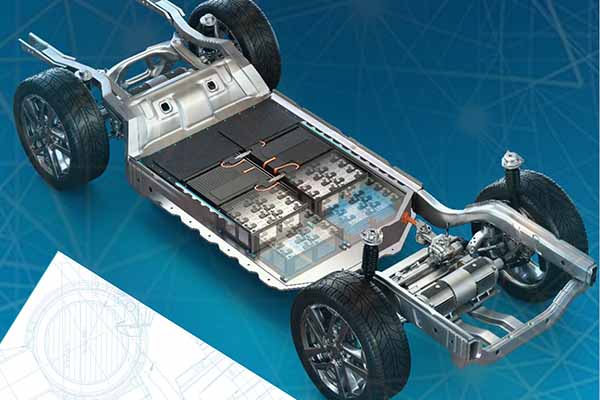According to a recent report by the India Energy Storage Alliance, the future of electric mobility in India is bright. The country’s EV market is expected to grow at a CAGR of 49% by 2030, with annual sales exceeding 17 million units. This also suggests that the EV battery manufacturing and recycling space will expand dramatically in the coming years. While the space is still in its infancy, the NITI Aayog and Rocky Mountain Institute report that India’s EV battery market could exceed $15 billion by 2030, while market research firm IMARC predicts a CAGR of 27.12% in 2022-2027.
Already, major international companies like Foxconn and domestic ones like Amara Raja are entering this market, boosting India’s EV landscape greatly. For instance, the new energy business unit of the Amara Raja Group has opened a cutting-edge R&D facility to create advanced cell chemistry batteries. The business has a plan to invest in giga factories that will produce lithium-ion (Li-ion) cells, provide battery packs, and assist with EV charging. According to Vijayanand Samudrala, President-New Energy at Amara Raja Batteries, “new-age energy storage technologies and the manufacturing landscape in India are coming of age and are expected to gain pace in the coming years, thanks to proactive policy drives from the central and state governments.”
Experts say the government may consider rolling out a production-linked incentive scheme for battery components as has been done for cell manufacturing. These plants need to be planned and constructed in parallel to the cell manufacturing plants so that by the time the need for the raw material emerges, Indian manufacturers are ready to supply, says Ankur Khaitan, MD and CEO of The Advanced Carbons Company (TACC), a subsidiary of graphite electrode manufacturer HEG. Through TACC, HEG plans to invest around Rs 900 crore over the next three years to set up a facility to manufacture graphite anodes for Li-ion cells.
Khaitan says battery manufacturing is a huge opportunity as it is at the core of the transition of the energy ecosystem, adding that manufacturers should also look to make components for Li-ion batteries.















